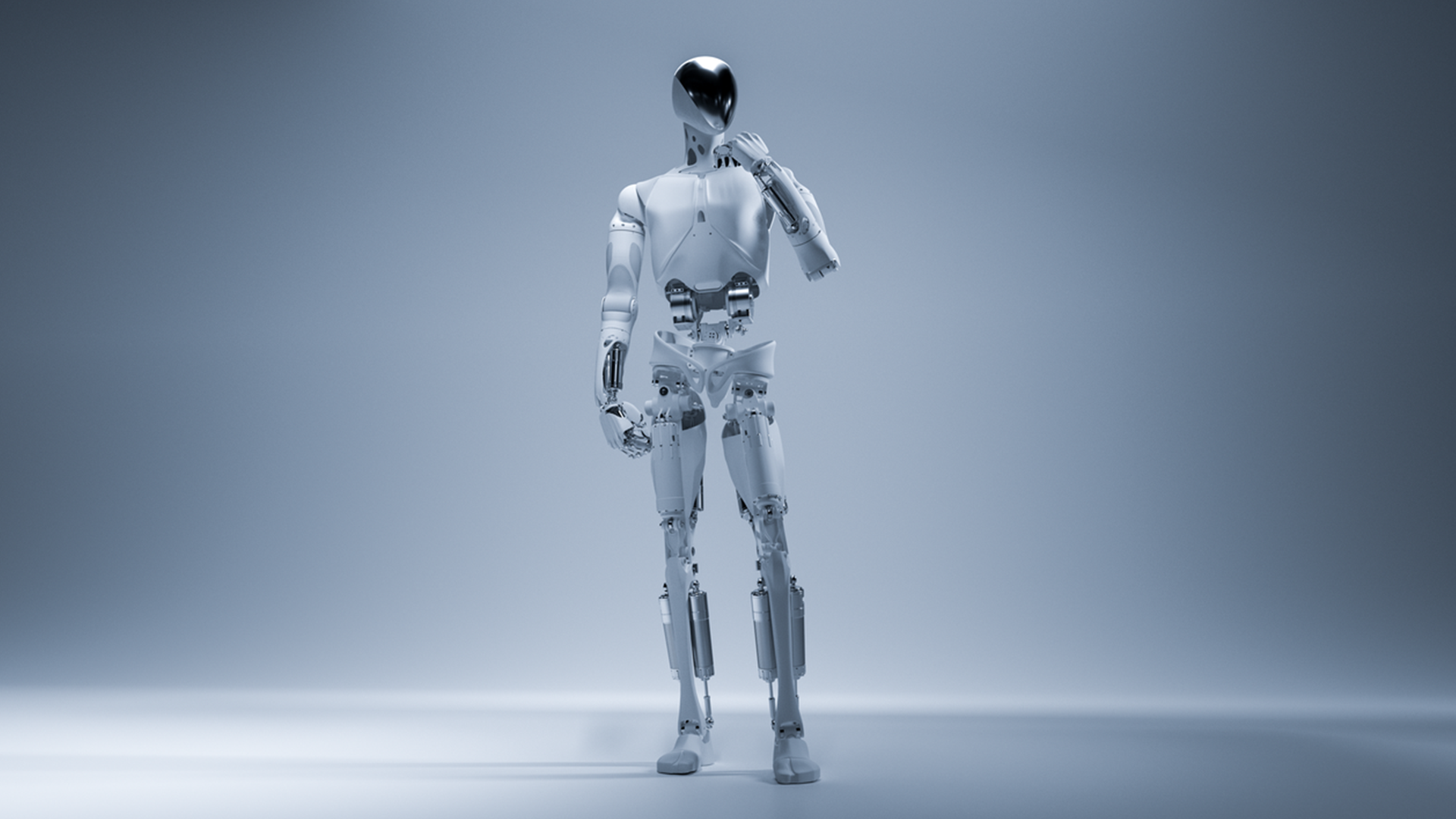Xpeng Targets 2026 Mass Production for IRON Humanoid Robot, Featuring 2,250 TOPS AI Power

Guangzhou, China – Xpeng, the Chinese electric vehicle manufacturer, has unveiled its next-generation humanoid robot, IRON, at its 2025 AI Day, signaling a significant expansion into advanced robotics. The company plans to commence mass production of the lifelike robot by the end of 2026, marking a bold step into the burgeoning robotics era.
The IRON robot is powered by three in-house developed Turing AI chips, delivering a substantial 2,250 TOPS (Trillions of Operations Per Second) of computing power. This advanced AI system enables capabilities such as conversation, walking, and intricate interaction, forming a core part of Xpeng's "AI mobility" strategy that extends beyond electric vehicles to include robotaxis and flying cars. As stated in a social media post by Pandaily, the robot features a "bone–muscle–skin" design for lifelike motion.
Xpeng's CEO, He Xiaopeng, addressed public reactions to IRON's highly realistic appearance, noting that its lifelike presentation at the event led to social media discussions questioning if a human was concealed inside. He shared a video to demonstrate the robot's authenticity, explaining that internal cooling systems produced a discernible wind noise. The new IRON model features a humanoid spine, bionic muscles, flexible skin, and a 3D curved display on its head, with hands boasting 22 degrees of freedom.
Initially, Xpeng intends to deploy IRON in commercial settings, such as tour guides, sales assistants, and office building guides, beginning within its own facilities. The company has indicated that the current cost and the competitive labor market in China make immediate deployment in factories less efficient than traditional industrial robots. This strategy positions Xpeng to rival other tech giants, including Tesla, which is also developing its own humanoid robot, Optimus.
The move into humanoid robotics is part of Xpeng's broader vision to establish itself as a comprehensive AI-driven mobility ecosystem. The company also announced plans to launch robotaxis in 2026, leveraging its advanced AI and autonomous driving technologies. Xpeng's substantial investment in robotics, potentially reaching up to $13.8 billion over two decades, underscores its commitment to leading in this rapidly evolving sector.